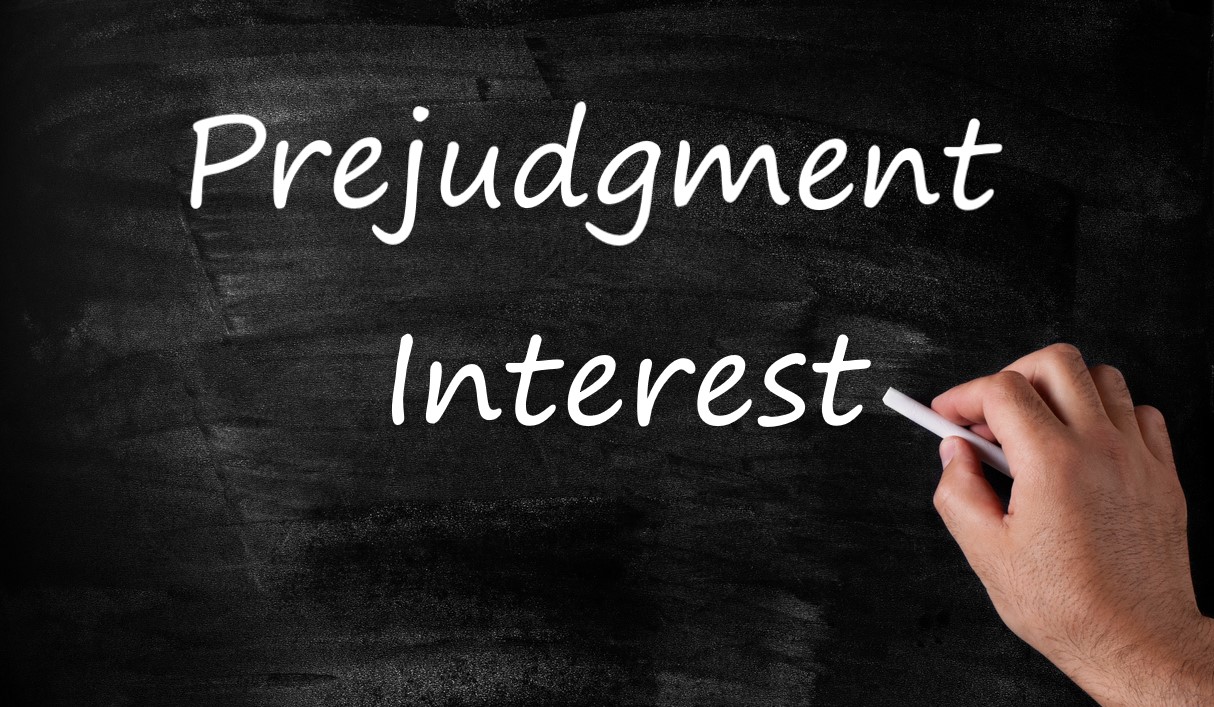A topic of interest in New York, where courts are currently hearing Superstorm Sandy cases, is whether policyholder allegations of bad faith claims handling against insurers state a cause of action under state law. Needless to say, policyholder and carrier advocates do not agree on this issue. It is a hot topic too, with thousands of policyholders having to resort to litigation to obtain the recovery due from Superstorm Sandy damage. Recently, a policyholder appealed a state court order dismissing bad faith allegations against the insurer.1
The policyholder sued its insurer in the case claiming it breached the policy of insurance and acted in bad faith by refusing to cover the damages sustained to two properties from Superstorm Sandy. The complaint alleged entitlement to extra-contractual damages, including legal fees and punitive damages. There were four insurers providing coverage to the policyholder under a quota program; and the bad faith allegations relate to the fact that the insurer sued was the only one that failed to pay any damages toward the loss sustained from Superstorm Sandy. The insurer moved to dismiss the bad faith allegations for failure to state a claim under New York law. The policyholder maintained that New York courts have recognized a separate cause of action for bad faith claims handling and that the insurer’s refusal to cover the damage, in light of payment by the other insurer’s for the same damages creates a separate bad faith action distinct from its breach of contract claim.
The court ruled that it has not clearly been determined if New York recognizes a separate cause of action for bad faith claims handling, but stated that a majority of courts have refused to recognize the claim. The court did recognize that New York courts have recognized the bad faith action before and it is possible to recover consequential damages based on a defendant’s breach of the covenant of good faith and fair dealing. The damages sought must also have been within the contemplation of the parties at the time the contract was made. The Judge concluded that there may be reason to allow consequential damages if a loss was alleged beyond what was being disputed in the breach of contract claim. The trial court dismissed the policyholder’s bad faith allegations against the carrier. The policyholder has filed a notice of appeal of the trial court ruling.
The appellate decision on this issue will be an important one for policyholders. We will continue to monitor this case and will provide updates as it progresses through the appellate process.



